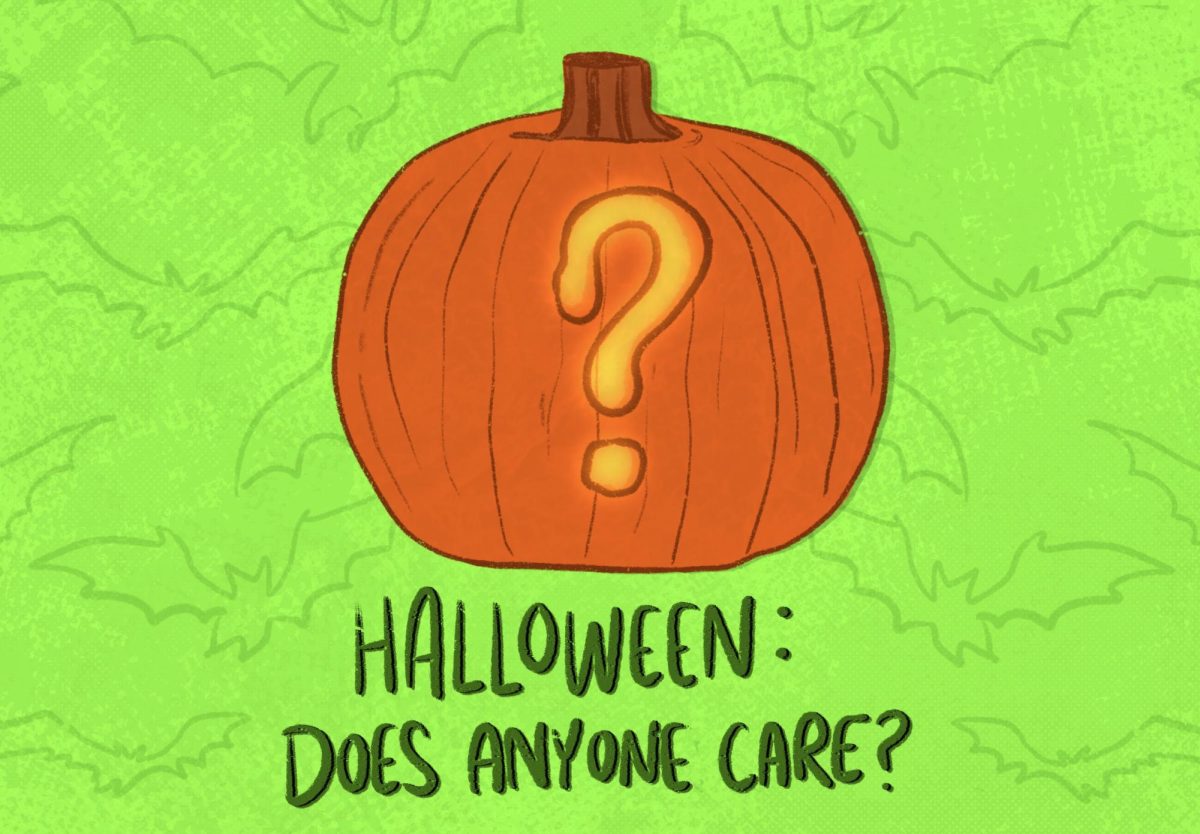Jake Baker/For the Review
On Nov. 1, 2013, a temporary boost to the Supplemental Nutrition Assistance Program expired.
The total cut to the program is estimated to be $5 billion for the 2014 fiscal year. Since Congress allowed the expiration of the boost it has created unintended consequences for small farmers across the country, and here in Oregon.
Oregonians will not be immune to many of the problems created.
Over the past decade there has been a 490 percent increase in SNAP sales at farmers’ markets.
In 2009 there were fewer than 1,000 markets authorized for SNAP, but in 2011 this number pushed past the 3,000 mark.
In Oregon, from 2011 to 2012 SNAP redemptions increased by 21 percent.
Not only are there more places to spend SNAP benefits on locally produced agriculture, but people are doing this with increasing frequency.
The decrease in funds will have a major impact on those already receiving benefits, and on those looking to enter the program.
While citizens have shown an increasing commitment to buying locally, the cut represents a new threat to this movement.
In Oregon, there will be $84 million less to be spent on food, according to state estimates.
In 2012, Oregon SNAP recipients spent over $700,000 of their benefits at farmers’ markets.
Local charities are already starting to gear up for the expected rush to food banks and soup kitchens.
It is known that the benefits don’t last all month long and the cuts only exacerbate this reality.
SNAP recipients will have fewer benefits and will be forced to reevaluate how these are spent.
An $84 million shortfall will result in decreased SNAP sales at farmers markets.
Local farmers may lose thousands of dollars in revenue.
This will impact local farmers, purchasers, and the food system in general.
The federal government should pass legislation to increase the benefits for SNAP recipients or subsidize purchases at farmers’ markets.
Not only will this benefit SNAP recipients, but it will also help cover losses that will be felt by farmers if these cuts hold.
The amount of benefits used at farmers’ markets by Oregon citizens is less than one percent of the total benefit usage.
However, it is important that all people have access to this type of food.
Local growers need be able to access all demographics of people, especially those most in need.
These cuts have unintended consequences that will affect citizens, farmers, and the local food movement.
People everywhere deserve access to fresh produce and food.
As the obesity rate in the United States is high, the only way that it will decrease is by giving access to people who don’t have access to healthy foods.
People in poverty are often forced to turn to unhealthy food.
If we want to get serious about changing our food consumption patterns, than we need to reevaluate the cuts made to social programs.
Jake Baker can be reached at [email protected]







